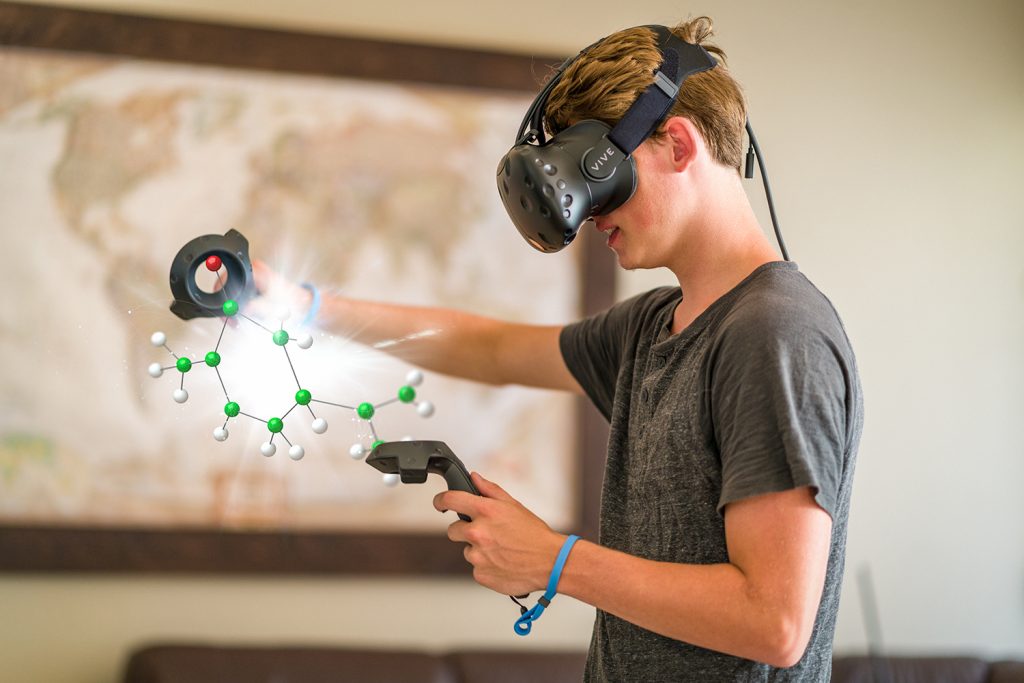FY 22 Annual Report
Health Sciences Library System
Instruction
Classes and Workshops
HSLS classes and workshops are scheduled each semester, and are taught online or at the library to Pitt faculty, staff, and students, as well as UPMC residents and fellows.
FY 22 HSLS Classes and Workshops
99 class topics
184 classes taught
1,728 attendees
Class Topics
Popular foundational topics include Painless PubMed and Basic EndNote. New topics are regularly added based on identified trends and needs. A subset of topics by category, newly taught in FY 22, included:
Scholarly Communication
iThenticate for Grant Proposals
Visualizing Research Impact with VOSviewer
Publishing in Open Access Journals
Web of Science and InCites
Data Management
Data Organization in Spreadsheets
Introduction to R and Data Wrangling
OSF for Project Management, Documentation, and Data Sharing
Navigating the CDC to Locate Vital Statistics… and More
Molecular Biology
Spatial Transcriptomics and CITE-Seq Data Analysis with Partek Flow
scRNA-Seq Data Analysis with CLC Genomics Workbench
Special Topics
Citizen Health Science
Wikipedia for Health Sciences Students
Identifying and Combating Health Misinformation
Literature Searching
Searching for Drug Information
Citation Management
Introduction to Sciwheel
Feedback from Class Participants:
I’ve used R in the past, but I didn’t really know what I was doing. This course helped give me a better base on what some operations mean and how to start creating code.
(Introduction to R)
It covered exactly what I needed and have not been able to find in other online-only courses (EdX, etc).
(Introduction to R and Data Wrangling)
I learned so much, and a few (important) key changes I can make to using endnote with my co-authors to make collaborating on manuscripts 10x easier! The instructor was so patient and willing to help! Attending was a great experience.
(EndNote for Remote Teams)
Instruction by Request
HSLS librarians provide instruction upon request as sessions to groups/departments and as part of the curriculum. Additionally, individual or small group instruction is arranged as a consult. In total, 119 requested sessions and 419 consults were provided to 3,404 attendees.
FY 22 Requested Sessions and Consults by School or Category
11 sessions
11 consults
24 sessions
46 consults
29 sessions
207 consults
7 sessions
144 consults
3 sessions
17 consults
16 sessions
52 consults
5 sessions
32 consults
7 sessions
10 sessions
Clinical Support
HSLS supports UPMC residents and fellows in the Graduate Medical Education program.
Clinical Support in FY 22:
- 118 UPMC residents and fellows attended HSLS classes
- 115 UPMC residents and fellows attended requested sessions
- 7 sessions were requested specifically for UPMC resident or fellow groups
- 30 consults were with a UPMC resident or fellow
Online Learning
In response to requests for more online learning, HSLS instructors created online instructional materials for their classes and requested sessions. Videos and platforms such as LibWizard have been implemented, increasing educational reach.
Asynchronous Tutorials Created in FY 22 Include:
- EndNote Part 1 – 5
- PubMed for Physical Therapists
- PubMed for Occupational Therapists
- Library Orientation for UPMC Medical Education
- Connect your ORCID ID with NCBI and SciENcv
- Responsible Literature Searching for Research
Instructional Videos Created in FY 22 Include:
- HSLS MolBio workshops
- Painless PubMed
- Understanding Systematic Reviews
Instruction Updates
- Increased interactivity. Several instructors expanded classes to add interactive components, or incorporated active “search” labs or hands-on activities into classes instead of a lecture.
- Increased collaboration among instructors. Instructors across HSLS met monthly at instruction meetings.
- Assessment of PubMed teaching. The PubMed working group started evaluating HSLS’s resources for PubMed instruction in order to make recommendations for the creation of future materials.
- Improved transparency of class catalog. Class descriptions were updated to add learning objectives and availability of outside materials (such as class recordings).
- Improving discoverability of asynchronous learning objects. Multiple teams in the library began work to create a Self-Paced Learning page on the HSLS website.
- Increasing instructional capacity. Job descriptions were developed for two roles and searches for new School of Medicine Undergraduate Medical Education and Graduate Medical Education liaison and Instructional Designer began.
Virtual Reality Learnspace
HSLS added three new Oculus Quest virtual reality (VR) systems that are available to borrow at Falk Library. In 2018, HSLS introduced its VR space, which features study aids for health sciences students and medical training simulations. Since then, VR technology has advanced by leaps and bounds, and the new Oculus systems delivered a much-needed update to the library’s VR services.
The upgraded systems were demonstrated to donors and trustees during a health sciences technology showcase, as part of a collaboration with the Health Sciences Office of Emerging Technology.






